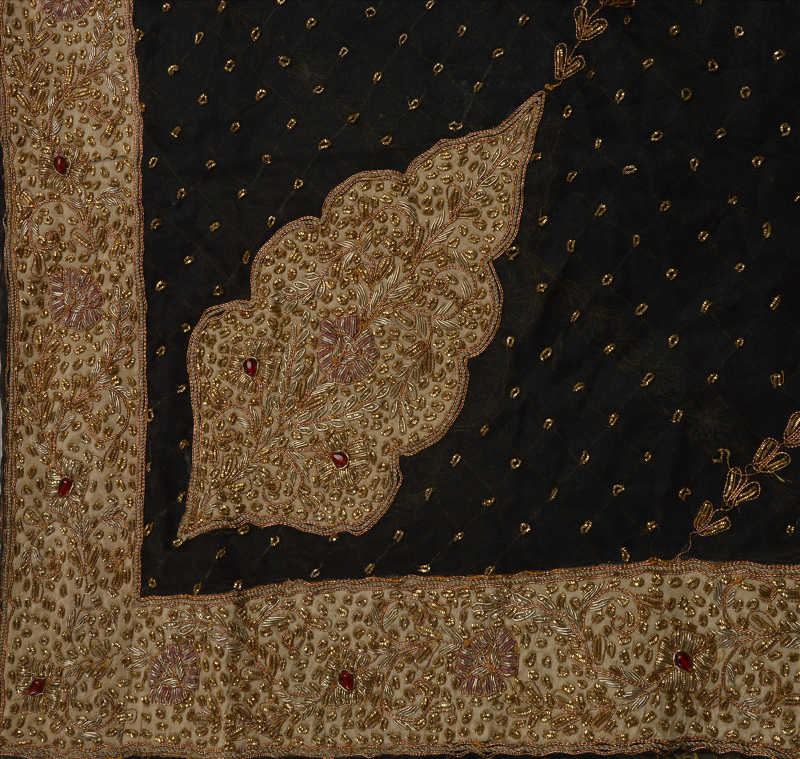===
0551,
1
===

=== |
 |
pursish : 'Asking, questioning, interrogating, inquiring, inquiry (generally after health)'. (Platts p.248)
FWP:
SETS
MOTIFS
NAMES
TERMS == DASTAN; THEME-CREATIONThe speaker finds himself in a city where people do not 'inquire'. In its usual social sense, this means that no one checks on anyone or shows any sign of concern about anyone; see the definition of pursish above. It's not clear what the relationship is between the 'moon-faced ones' and this 'city of non-inquirers'. There seem to be two possibilities: (1) The moon-faced ones behave as they do because everyone in their whole city behaves that way. (2) The group of moon-faced ones themselves collectively constitute a kind of 'city'.
In the first case, the verse is about a city. SRF shows in his fascinating dastan example that Jah clearly envisioned the range of 'non-inquiry' to include a lack of supervision or policing, and a general moral indifference: nobody monitors people's behavior. But we could also push the same idea of 'non-inquiry' in a more practical direction. If you're in a strange city and want to leave it, then of course (since in the ghazal world you have no maps), you ask the locals in which direction ( kidhar ) you should go to reach the main city gate and get out, and then what neighboring cities you could reach. But if it's a city of 'non-inquirers', in which no questions are asked, will anybody be willing, or even able, to tell you? Might not such a city have in place a 'don't ask, don't tell' code of some mysterious kind?
Along these lines the ab kaho becomes especially meaningful and enjoyable. For the speaker is asking someone to give him the necessary information about how to move out and onward-- and that someone is surely a friend or companion, rather than one of the indifferent 'moon-faced ones' of the city. The ab gives it a certain urgency ('I'm in a fix-- now what do I do?'). And the kaho begs for an answer-- 'tell me, speak to me!'-- in a way that emphasizes the silence and opacity of the city, and the speaker's desperate need for words, for sympathy, for human responsiveness.
In the second case, if we push the abstraction level a bit higher, then the question in the second line can also be rhetorical. If we consider all the beautiful beloveds in the world to form a kind of 'city', then it's a devastating city in which the poor lover can hardly survive, much less thrive. But where would, should, can he go from this city? Nowhere, of course. Having had the mad romantic and mystical experience of 'self-lessness', can the lover even imagine seeking anything else, or consenting to live at a lower level of passion? In his heart he knows that the only way out of the city of passion passes through the strait of death.
Note for grammar fans: The jāʾiye is of course not really acting as a polite imperative; rather, it's a kind of polite future subjunctive referring to a possible future action by some (generalized) person(s).